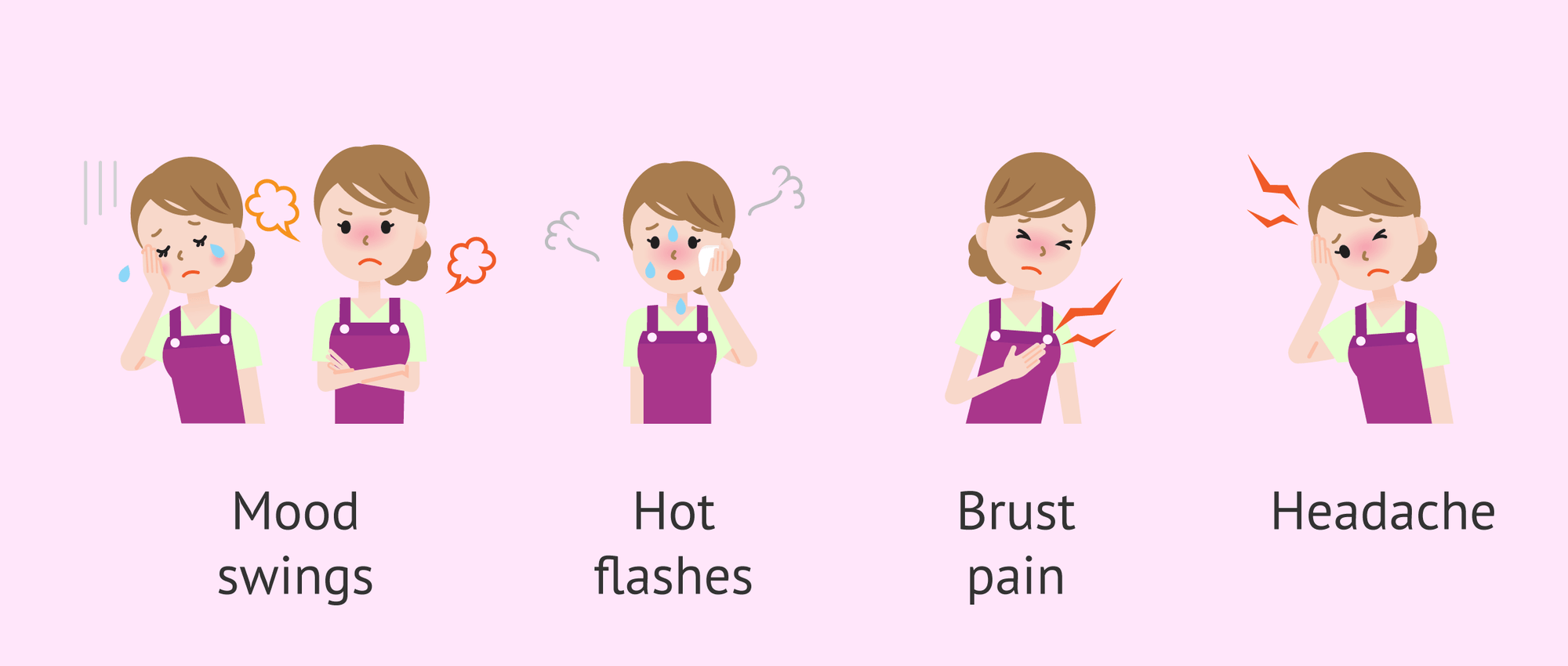

Unveiling the Mysteries of Perimenopause and Your Menstrual Cycle
In the world of women’s health, there are many examples of topics that are talked about in hushed voices, or barely acknowledged in public consciousness. Period blood, tampons, vaginal infections, there are countless examples of cultural taboos in women’s health where conversation and education is lacking.
One of these in particular is the life stages of perimenopause and menopause. Our youth-obsessed western culture pays little attention to the significant shift that happens in a woman’s life when she reaches the conclusion of her reproductive years.
The lack of conversation and education leaves women unprepared for the change of perimenopause and menopause, which can lead to years of suffering in silence with many questions and little answers.
Let’s clear up some of that today!
First of all, let’s start with defining what these terms actually mean.
Perimenopause: refers to the phase of life and period of time before menopause begins. Often referred to as a “second puberty”. Puberty in teenage years is the beginning and maturation of the reproductive system and menstrual cycle, and perimenopause is the gradual wind down of ovulation and the menstrual cycle. It typically begins several years before menopause and is commonly accompanied by shifts in the menstrual cycle and accompanying symptoms.
Menopause: begins after one full year of no ovulatory menstrual cycles at the end of the reproductive years, typically around 45-55 years of age.
Common symptoms of perimenopause can include:
- Heavy periods
- Irregular menstrual cycles
- Period pain
- Night sweats
- Hot flushes
- Migraines
- Breast tenderness
- Anxiety
- Depression
- Mood swings
- Vaginal dryness
- Fatigue and brain fog
- Weight gain
So why is this time of life so symptomatic? During perimenopause, ovarian function is slowly and gradually decreasing, until ovulation stops completely. It is through ovulation that we make our essential hormones oestrogen and progesterone. Through the hormonal changes of perimenopause, the levels of oestrogen and progesterone begin to change which can lead to the symptoms listed above.
Progesterone production gradually decreases, whilst oestrogen goes through larger fluctuations from high to eventually low with the cessation of the menstrual cycle.
The changes in timing of ovulation and lower levels of progesterone being produced can lead to changes in the length of the menstrual cycle and luteal phase.
Tracking your basal body temperature in your perimenopause years is a wonderful support as you are able to see if your ovulation is changing in real time, as well as your luteal phase length, which can reflect progesterone production.
Being able to have this concrete data on your menstrual cycle and health allows you to see changes happening often before symptoms begin to arise, so you are then able to be proactive in your health and support your body during this big time of change.
If you are yet to transition into your perimenopause years, you are in a wonderful position of caring for your menstrual health now to help support the transition when the time comes. Women who have more relatively easeful, symptom free menstrual cycles are more likely to experience an easier transition through perimenopause and menopause. The healthy habits you create and sustain during your reproductive years can carry you through into this next stage of life.
At Kyri Cycles we love supporting women through all stages of life and providing information and education to make these changes easier for you to navigate!
Author
Lauren Curtain
Lauren Curtain is a registered Chinese medicine practitioner, women's health focused acupuncturist and herbalist. She centres her practice around supporting women to navigate their hormones, menstrual cycles and fertility using a combination of education (all the women’s health info you didn't get in high school), acupuncture, herbal medicine, nutrition and lifestyle support. Lauren believes every woman has the right to know how her body works, and what she can do to optimise not only her reproductive health, but whole body health. Lauren has seen firsthand with her patients the dramatic improvements that can be made to reproductive health through simple, inexpensive, non-invasive techniques and firmly believes symptomatic periods and menstrual cycles can be a thing of the past and we can embody a thriving fertile life.
